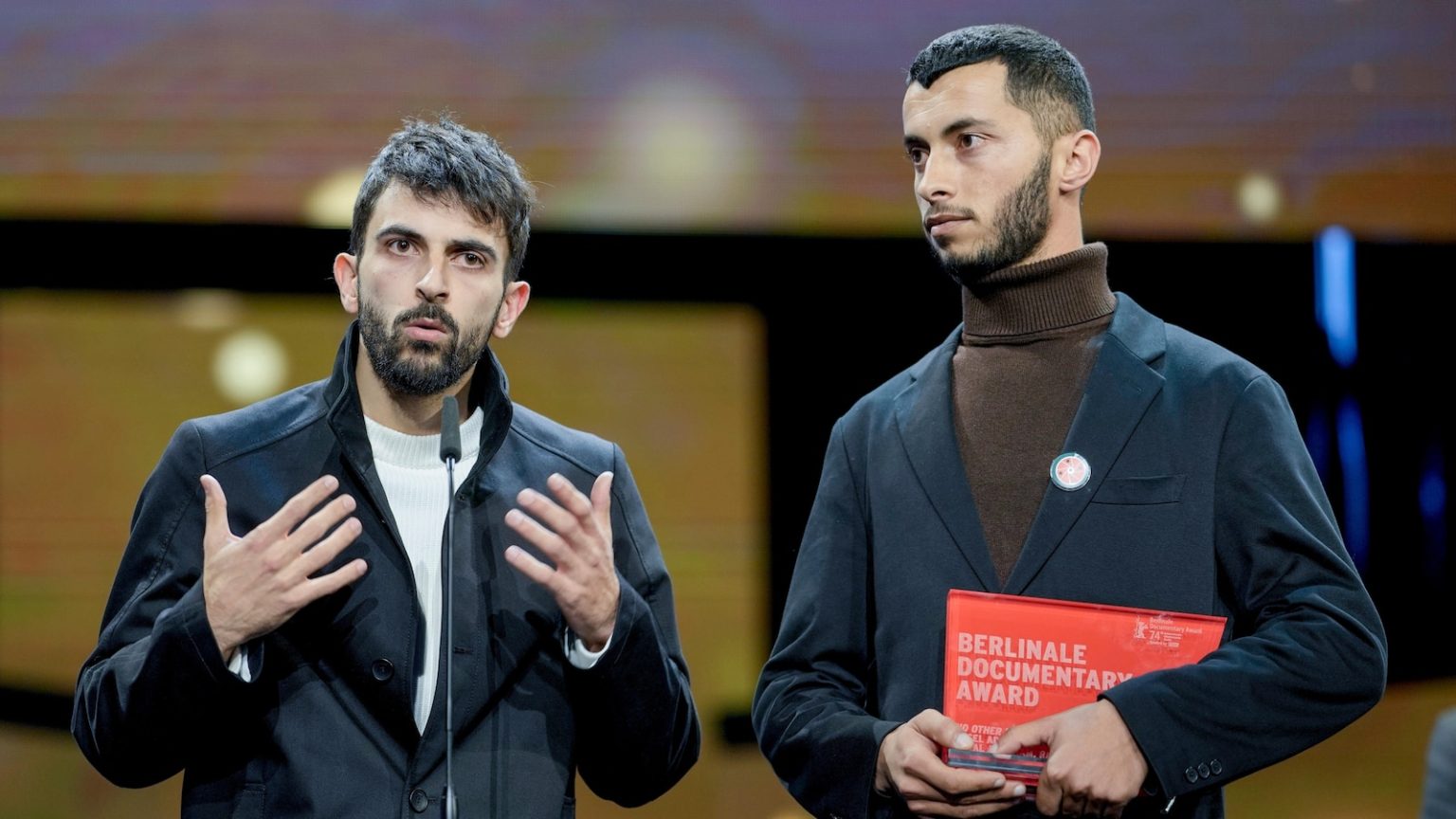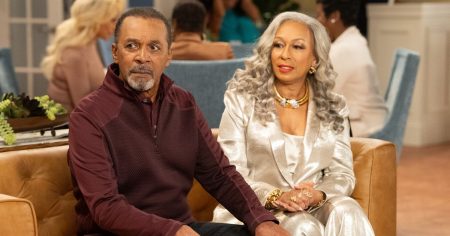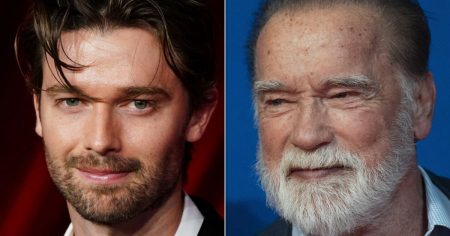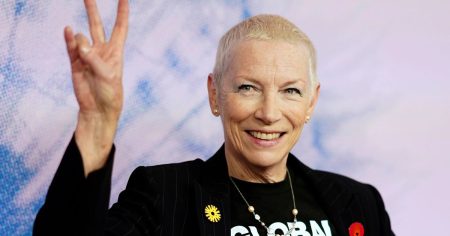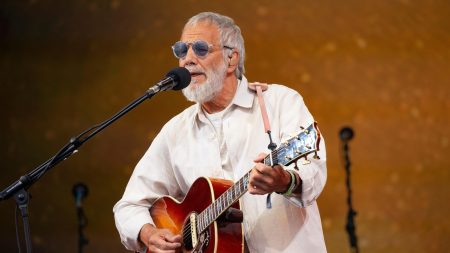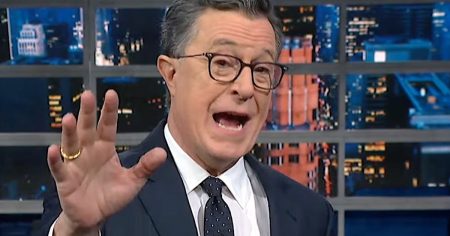The Struggle for a Cinematic Home: "No Other Land" and Its Journey
The documentary "No Other Land" finds itself in a hauntingly ironic predicament: a film about the systemic demolition of Palestinian homes in the West Bank cannot find a major distributor or a U.S. streaming platform willing to give it a cinematic home. Despite earning an Oscar nomination and accolades from the Berlin International Film Festival, Gotham Awards, and Los Angeles Film Critics Association Awards, the producers have decided to self-distribute this powerful and unflinching look at Israel’s policies in the occupied territories. The film, directed by a Palestinian-Israeli collective of four filmmakers, is an unequivocal piece of advocacy, seeking to draw attention to the plight of Palestinians and hopeful that international pressure—specifically from the United States—might force Israel to halt its destructive practices.
A Glimpse into the Unending Struggle: The Story of Masafer Yatta
The documentary is anchored in the story of Basel Adra, a Palestinian activist born in the southern West Bank region of Masafer Yatta, a collection of villages threatened by Israeli military expansion. The Israelis have ordered the Palestinian residents to leave the land to make way for a military training ground, displacing families who have lived there since the 1830s. Filmed between 2019 and 2023—before the escalation of the Israel-Hamas war—the documentary captures the relentless cycle of demolition and resistance. Bulldozers, protected by soldiers, tear through simple concrete homes while residents retreat to caves, only to emerge and rebuild under the cover of night. The cycle repeats, with the bulldozers returning time and again.
The narration speaks to the slow, methodical destruction: "They destroy us slowly. Every week, a home. Every week a new family must decide: Endure, or leave their land." The film paints a wrenching picture of soldiers enforcing court orders—issued by a legal system in which Palestinians have no say—against unarmed civilians. The residents, denied the right to vote and distinguishable by their license plates, cling to the hope that social media awareness might amplify their voices and bring change to their plight.
Voices of Resistance: The Collective Behind the Documentary
"No Other Land" is not just a chronicle of suffering but also a testament to resistance. Basel Adra is joined by Palestinian co-writer and co-director Hamdan Ballal, as well as Israeli journalist Yuval Abraham, who arrives in Masafer Yatta with cinematographer Rachel Szor. Abraham’s presence adds a critical perspective: when asked directly about Israel’s actions, he responds unequivocally, "I think it’s a crime." The film does not pretend to offer a balanced view; it is unambiguously partisan, amplifying the voices of those whose homes, schools, and wells are being systematically destroyed.
The documentary weaves together shaky cellphone footage of military confrontations, archival images, and TV news clips, juxtaposing them with hauntingly beautiful shots of the villages at night. At times, the filmmakers intercut contemporary scenes with home movies from past generations, revealing a cycle of dispossession and protest that stretches back decades. Adra’s own memories of his father’s arrests underscore the intergenerational nature of this struggle.
The Human Cost: Families, Children, and the Fragility of Life
The film does not shy away from the emotional toll of the conflict. Women are seen salvaging rugs from rubble, children watch in bewilderment as their outhouses are destroyed, and families are left to pick up the pieces after their homes are reduced to dust. "We have no other land," one resident declares, a phrase that gives the documentary its name. The destruction is not limited to homes; schools, playgrounds, and even water sources are targeted, leaving communities without access to basic necessities.
Amid the devastation, there are moments of resilience and humanity. Children laugh as they play in the streets, throw snowballs in the winter, and swing on makeshift swings. These fleeting glimpses of normalcy contrast sharply with the brutality of the demolitions and the violence of the soldiers. When Adra faces arrest, his mother’s concern is not for his safety but for his warmth: "Go wear a warmer coat," she tells him. Such moments humanize the Palestinians, challenging stereotypes and reminding viewers of their shared humanity.
A Call to Action: Hope and Resistance
"No Other Land" is both a piece of resistance and a plea for change. At the film’s conclusion, Adra expresses his hope for a different future: "I hope we’ll change this bad reality." Abraham, the Israeli journalist, echoes this sentiment, adding simply, "I hope." The documentary leaves no room for ambiguity; it is a call to action, urging viewers to confront the injustices faced by Palestinians and to demand accountability from those in power.
The film’s distribution challenges in the U.S. only serve to underscore the broader struggle for Palestinian voices to be heard. Despite its lack of a major platform, "No Other Land" is currently screening in select theaters, offering audiences a chance to bear witness to this unflinching portrayal of occupation and resistance. With its unvarnished look at the human cost of Israel’s policies and its refusal to shy away from the realities of displacement, the film is a testament to the enduring spirit of those who refuse to give up their land—or their hope.
"No Other Land" is not rated and contains language and violence throughout. Running 95 minutes, it is a powerful, necessary film that demands attention and reflection. With three and a half stars out of four, it is a searing indictment of injustice and a celebration of resilience in the face of overwhelming odds.





